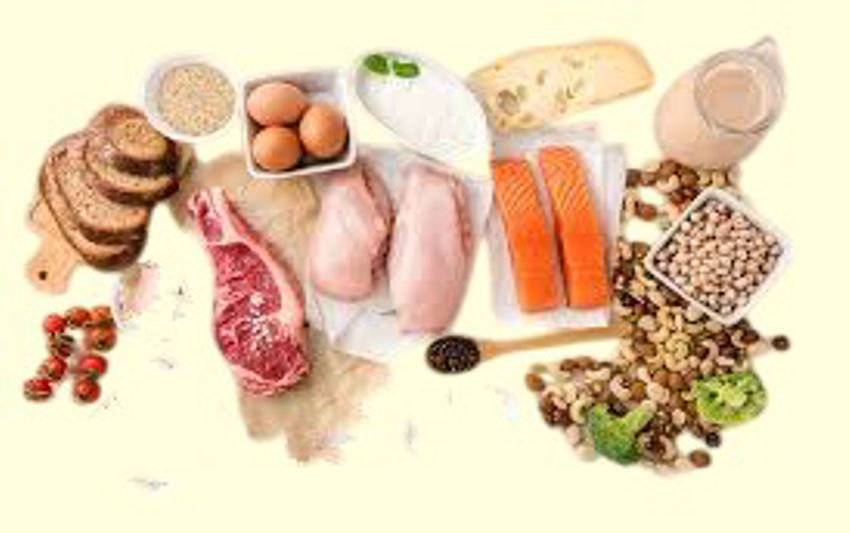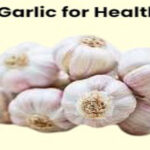Protein is an essential nutrient for the body and mind, helping to build muscle mass, produce hormones and enzymes, and support a healthy metabolism. Studies show that a high-protein diet not only promotes fat loss, but also helps maintain muscle mass and prevent weight gain. Protein is therefore a crucial component of weight loss that is both healthy and long-lasting.
Even when you are resting, muscle burns three times more energy than body fat. This means that your muscles are powerful calorie-burning machines. The majority of people want to have a strong, healthy body, which is why they gain and maintain muscular mass.
However, for those who are focused on losing weight, this means that they are not only losing fat, but also muscle mass. This is where protein, combined with physical exercise, becomes your greatest ally. Regular exercise combined with a high-protein diet helps maintain muscle mass throughout weight loss, which maintains a robust metabolism.
Dr. Richard Allison, former head of nutrition at Arsenal Football Club and nutritionist and dietitian at Herbalife Nutrition, the world’s leading nutrition and wellness company, shares five key tips for building and maintaining muscle mass through protein.
1. Protein needs to change with age
• As we age, the body’s ability to synthesize protein decreases, leading to an increased need to consume it to maintain muscle mass and health Adults should consume 1.0 to 1.2 grams of protein per kilogram of body weight per day to maintain muscle mass and overall health. Meeting the needs of older adults who exercise or have specific health conditions can be a challenge.
2. Don’t underestimate protein powders.
• Plant-based foods with balanced animal proteins can provide a complete, high-quality source of protein. Did you know that lentils have more protein per gram than meat (25% vs. 18%), and the protein in peas can reach 94%?
• However, the amount of protein for vegetarians and vegans is approximately 10% higher than for those whose diet consists of animal proteins. Products like Herbalife TriBlend Celiac help you get all the protein you need from a plant-based diet that contains all the essential amino acids.
3. For muscle mass building, choose whey protein.
• Whey protein, derived from whey and casein, is probably the best/most researched protein in relation to sports and its ability to build and maintain muscle mass. Consuming high-quality protein, such as that found in dairy products, is a good way to stimulate muscle growth and recovery after exercise. If dairy products don’t appeal to you, pick proteins that contain adequate amounts of each important amino acid.
4. Support heart health with plant-based proteins
• Replace animal proteins to lower cholesterol and blood pressure, which are important factors in preventing heart disease. What’s more, some plant-based proteins are rich in fiber and antioxidants, which provide additional support for your heart.
5. Boost your protein intake with supplements
• Getting enough protein isn’t the only problem. Research shows that a balanced intake of protein throughout the day improves muscle performance compared to a poor diet. Aim to consume 20-40 grams of protein at each meal (depending on your daily needs). This can be a problem with most meals of the day, especially breakfast. Protein supplements can help you get good, healthy protein, spread out evenly throughout the day.
The takeaway:
Protein is the foundation of overall health, especially when it comes to building and maintaining muscle mass. When focusing on fitness goals, it’s important to make sure we’re meeting our protein needs in terms of total intake, daily food distribution, and sources that support muscle growth, weight management, and heart health. Whether from food or supplements, protein is an important factor in achieving a healthy, strong body.


